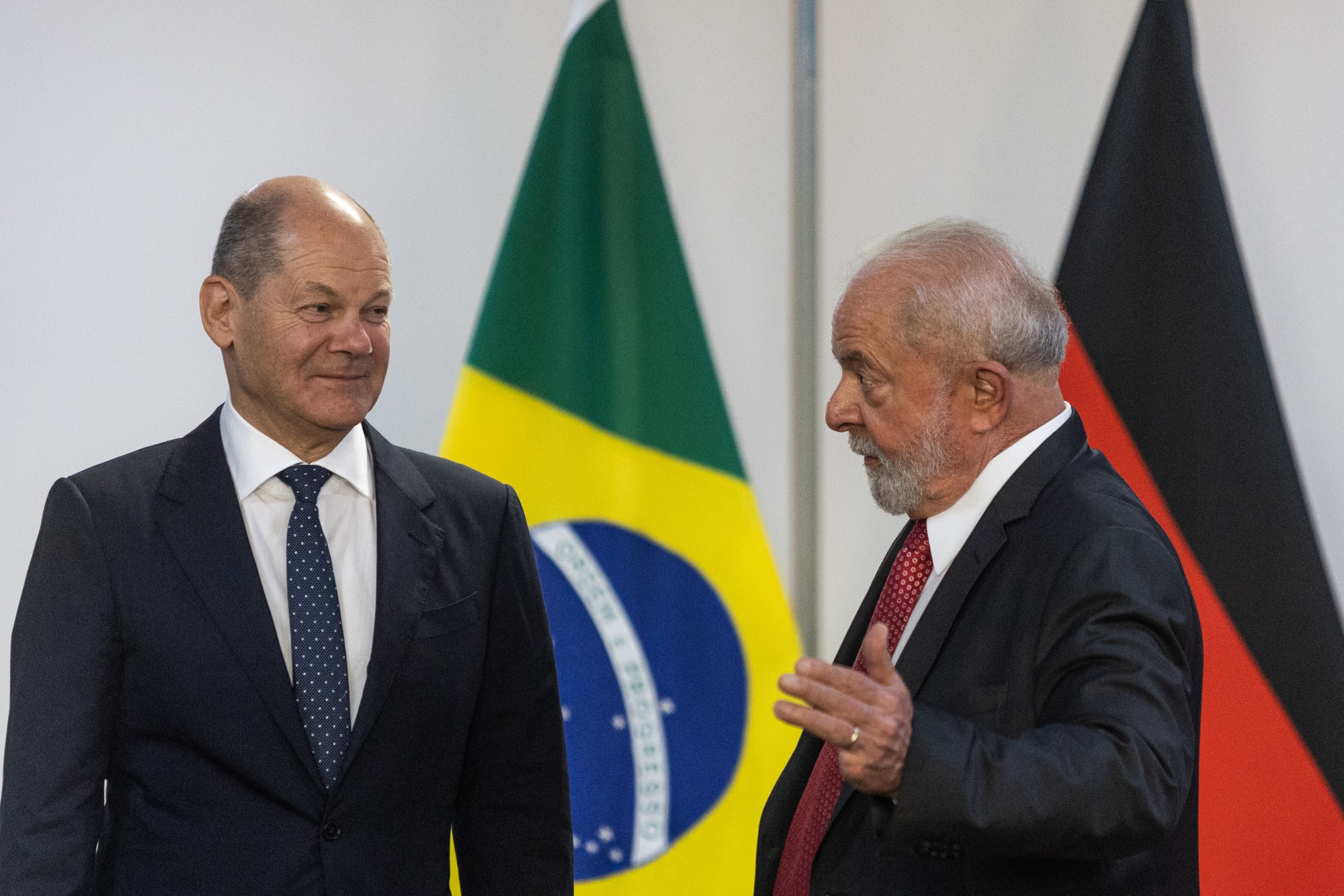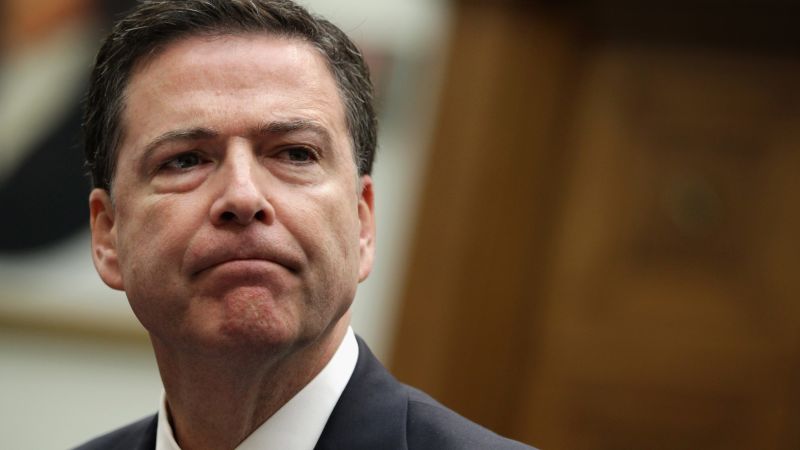Brazil's Lula: Push For Putin-Zelenskyy Negotiations In Istanbul

Table of Contents
Lula's Diplomatic Strategy: A Balancing Act
Lula's approach to mediating the Ukraine conflict is characterized by a delicate balancing act. He advocates for neutrality, emphasizing the urgent need for dialogue and an end to hostilities. Brazil, with its historical relationships with both Russia and Ukraine, finds itself uniquely positioned to potentially bridge the gap between these warring nations. Brazil's foreign policy traditionally emphasizes peaceful resolution of conflicts and non-interference in the internal affairs of other states. This approach, however, is being tested in the context of the ongoing war in Ukraine.
-
Lula's criticisms of Western sanctions against Russia: Lula has openly criticized the Western sanctions imposed on Russia, arguing that they have exacerbated the conflict and hindered the possibility of peace talks. He believes that these sanctions disproportionately impact developing nations and fail to address the root causes of the conflict.
-
His calls for respecting Ukraine's sovereignty while also understanding Russia's security concerns: Lula has consistently stressed the importance of respecting Ukraine's sovereignty and territorial integrity. Simultaneously, he has attempted to understand Russia's stated security concerns, advocating for a negotiation process that addresses these concerns without compromising Ukrainian sovereignty.
-
Brazil's potential as a neutral mediator: Brazil's relatively neutral stance in the global geopolitical landscape, combined with its strong diplomatic ties across various regions, positions it as a potentially credible mediator, capable of engaging with both sides in a balanced manner.
Istanbul: A Strategic Location for Negotiations
The selection of Istanbul as a potential venue for Putin-Zelenskyy talks is not arbitrary. Istanbul, a city steeped in history and a crossroads of cultures, offers unique advantages as neutral ground for international discussions. Its strategic location facilitates access for both Russian and Ukrainian delegations and benefits from Turkey's long history of mediating regional conflicts.
-
Istanbul's accessibility for both Russian and Ukrainian delegations: Istanbul's geographical proximity to both Russia and Ukraine makes it a logistically convenient location for high-level delegations from both countries.
-
Turkey's role in facilitating dialogue: Turkey, as a NATO member with strong ties to both Russia and Ukraine, possesses considerable influence and experience in facilitating dialogue between conflicting parties. Turkey's neutral stance in the conflict, coupled with its diplomatic prowess, makes it a suitable partner in hosting such crucial negotiations.
-
The city's established infrastructure for hosting high-level meetings: Istanbul boasts extensive infrastructure for hosting large-scale international conferences and summits, ensuring the smooth operation of such high-stakes negotiations.
Challenges and Obstacles to Peace Talks
Despite the potential benefits, the path to successful negotiations between Putin and Zelenskyy is fraught with significant challenges. Deep mistrust between the two sides, exacerbated by the ongoing war, represents a major obstacle. The involvement of other global powers, particularly NATO, adds further complexity to the situation.
-
The ongoing military conflict: The continuation of the military conflict creates a volatile backdrop for negotiations, undermining efforts towards a peaceful resolution. Ongoing hostilities make it difficult to establish a stable negotiating environment and build trust between the parties.
-
Differing perspectives on territorial integrity and security guarantees: Fundamental disagreements on territorial integrity and security guarantees represent core obstacles. Russia's demands for territorial concessions are incompatible with Ukraine's commitment to maintaining its sovereignty and territorial integrity.
-
The influence of NATO and other international actors: The involvement of NATO and other international actors adds another layer of complexity. Different geopolitical agendas and strategic interests among these players may hinder the progress of negotiations.
Potential Outcomes and International Impact
The success or failure of Lula's peace initiative will have profound implications for the war in Ukraine, international relations, and global security. A successful outcome could lead to a ceasefire, paving the way for a comprehensive peace agreement. However, failure could prolong the conflict, exacerbating humanitarian suffering and global instability.
-
Impact on humanitarian aid and refugee flows: A successful peace agreement would facilitate increased humanitarian aid delivery and potentially lead to the safe return of refugees. Continued conflict would only exacerbate the humanitarian crisis.
-
Changes in global energy markets and trade relations: The outcome of the conflict significantly impacts global energy markets and trade relations. A peaceful resolution could stabilize these markets, while a protracted conflict would continue to disrupt them.
-
The long-term effects on the geopolitical landscape: The long-term consequences for the global geopolitical order are significant. A successful peace agreement could foster greater stability and cooperation, while continued conflict risks escalating tensions and increasing the likelihood of further global instability.
Conclusion: Assessing Lula's Push for Putin-Zelenskyy Talks in Istanbul
Brazil's President Lula's initiative to facilitate direct talks between Putin and Zelenskyy in Istanbul is a significant diplomatic undertaking with potentially far-reaching consequences. While the challenges are substantial, the potential rewards of a successful negotiation – including a ceasefire and a path towards lasting peace – make Lula’s efforts worthy of close attention. The success of Lula's peace initiative hinges on overcoming deep mistrust, addressing conflicting geopolitical interests, and fostering a genuine commitment to dialogue from all parties involved. Stay informed about the ongoing developments surrounding Lula's peace initiative, the Istanbul peace talks, and their impact on the Ukraine conflict resolution. The future of the region, and indeed the global order, may well depend on it.

Featured Posts
-
 Ahtfalyt Alastqlal Mnasbt Wtnyt Ezymt
May 29, 2025
Ahtfalyt Alastqlal Mnasbt Wtnyt Ezymt
May 29, 2025 -
 The Ancelotti Era A Look At His Success Compared To Capellos Time At Madrid
May 29, 2025
The Ancelotti Era A Look At His Success Compared To Capellos Time At Madrid
May 29, 2025 -
 100 Forintos Bankjegyek Ritkasagok Es Ertekuek
May 29, 2025
100 Forintos Bankjegyek Ritkasagok Es Ertekuek
May 29, 2025 -
 New A24 Horror Movie Impresses Critics Rotten Tomatoes Score Revealed
May 29, 2025
New A24 Horror Movie Impresses Critics Rotten Tomatoes Score Revealed
May 29, 2025 -
 Russias Response To Trumps Criticism Of Putin Emotional Or Strategic
May 29, 2025
Russias Response To Trumps Criticism Of Putin Emotional Or Strategic
May 29, 2025
